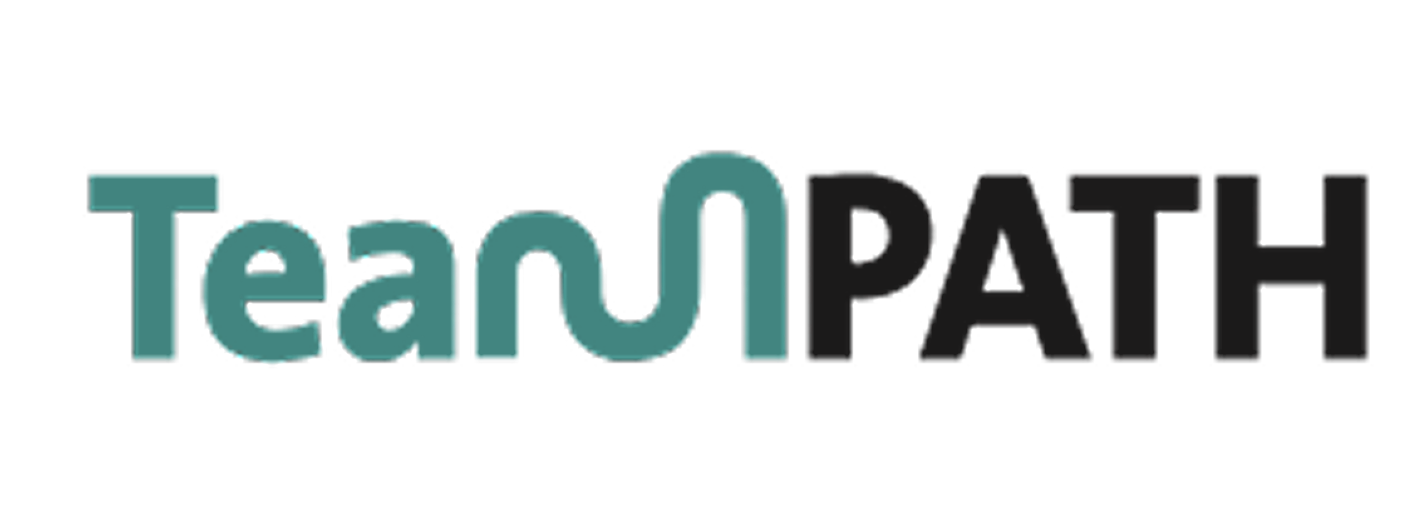The Rhythm of Great Teams: Why Process Matters as Much as People

Team Science – With a Twist
At TeamPath, we like our advice backed by evidence. But let’s be honest—academic research on teams can be a bit dry. So we’ve asked AI to turn top team science papers into podcast-style conversations.
The result? Something like John and Gail from Pitch Perfect—if they swapped a cappella commentary for team dynamics. John’s blunt and occasionally inappropriate. Gail’s sharp and slightly over it. Together, they break down the science so you don’t have to. It’s research, with a little banter.
Disclaimer: These episodes are AI-generated. While we aim for accuracy, the bots may occasionally go rogue.
Great teams aren’t just about who’s on them—they’re about how they work together. This landmark meta-analysis confirms that the best-performing teams share common teamwork processes—and that these patterns matter across industries, team sizes, and tasks.
Based on: “A Meta-Analysis of Teamwork Processes: Tests of a Multidimensional Model and Relationships with Team Effectiveness Criteria” by LePine, Piccolo, Jackson, Mathieu, & Saul (2008).
Key Findings
If you’ve ever wondered what “good teamwork” actually means, this paper is a great source of information. LePine and colleagues analyzed 138 studies across 147 team samples to test a comprehensive model of teamwork processes. Here’s what they found:
- Teamwork isn’t one thing. It’s a set of three core process categories:
- Transition processes (e.g. goal-setting, planning, reflection)
- Action processes (e.g. monitoring progress, coordination, workload sharing)
- Interpersonal processes (e.g. managing conflict, boosting morale, keeping emotions in check)
- Transition processes (e.g. goal-setting, planning, reflection)
- These three types of processes are strongly correlated—in fact, they all roll up into a broader concept: overall team process quality.
- All three process types are positively associated with team performance and member satisfaction—and to roughly the same degree.
- The effects are not trivial: teams that improve their processes see measurable gains in how well they perform and how satisfied members are.
- Teamwork processes also relate to cohesion (how bonded members feel) and potency (how confident they are in the team’s ability).
- Two factors made these relationships stronger:
- Task interdependence: when team members rely on each other to get work done.
- Team size: the larger the team, the more essential strong teamwork processes became.
- Task interdependence: when team members rely on each other to get work done.
So, whether you're planning a product launch, running a surgical team, or collaborating on a research paper—how your team moves, monitors, and manages itself really matters.
Current Thinking
At the time this paper was published, researchers had been calling for a clearer definition of “teamwork” for years. This study delivered that clarity. It supported the influential Marks et al. (2001) framework and offered compelling evidence for a hierarchical model of team process.
Since then, researchers have expanded in several directions:
- Temporal dynamics: Later studies have explored when these processes happen—for example, how planning early in a project (transition) supports smoother action later.
- Emergent states: Scholars are increasingly interested in the “soft tissue” between processes—like trust, shared mental models, and psychological safety—which both influence and are influenced by teamwork.
- Digital and distributed teams: As virtual work has become the norm, newer research explores how these processes play out when teams are asynchronous, global, or tech-mediated.
In short, the field has moved from identifying what teamwork processes are, to exploring how they evolve, interact, and can be supported over time.
Why This Is Interesting for TeamPath
This research really resonates with what we’re seeing in practice—and it’s given us a fresh perspective on how we think about teamwork at TeamPath. It’s nudged us to sharpen our focus and stay curious about what makes teams work well in the real world.
Here are a few reflections it sparked:
1. Teamwork is multi-dimensional—and so should our support be.
When teams run into difficulty, it’s easy to zero in on interpersonal dynamics: tension, miscommunication, clashing styles. But this study reminds us that great teamwork isn’t just about relationships—it’s also about how teams plan, coordinate, and reflect.
2. A shared language for diagnosing teamwork.
“Teamwork” can mean a dozen different things depending on who you ask. This model gives us a practical structure—transition, action, interpersonal—that helps teams name what’s going well and what might be missing.
We’re learning to balance all three areas by asking:
- Are goals clearly defined and understood?
- Is there enough day-to-day coordination?
- Are teams carving out space to reflect and adapt?
If we want to support the whole system of teamwork, we need to keep all of these dimensions in view.
3. The timing of teamwork matters—not just the content.
One subtle but powerful insight: not all teamwork processes are equally important at all times. Reflection and planning matter most early on or between big pushes. Coordination is critical when work is in full swing. And interpersonal dynamics need ongoing care. That rhythm—the when of teamwork—is something we’re learning to pay more attention to.
4. Bigger, more interdependent teams need stronger scaffolding.
This research confirms what we often feel intuitively: the more complex the task—and the more people involved—the more intentional we need to be about process. For large, interdependent teams, strong teamwork habits aren’t just helpful—they’re essential. This helps us prioritise where to focus coaching energy and when to bring in more structure.
This podcast includes content generated with the help of artificial intelligence. While we've done our best to guide and review the conversation, there may be occasional errors or inaccuracies. Please listen with that in mind and always double-check any critical information. Thanks for your understanding!
See how TeamPath can transform your team’s performance today


